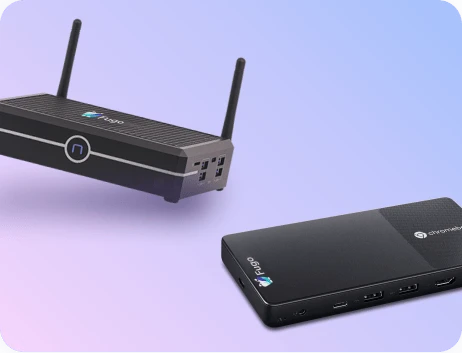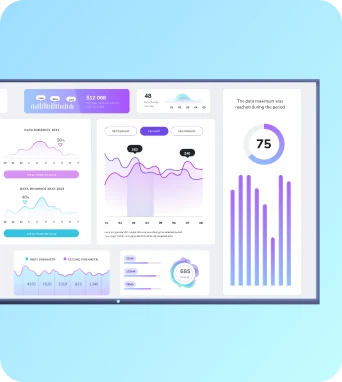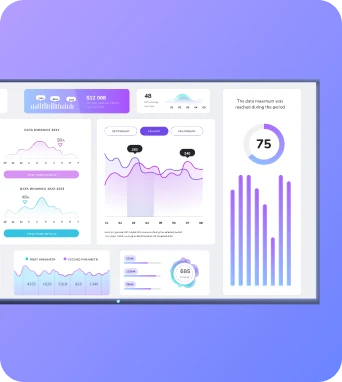Subscriber management tools
What is Subscriber management tools?
Key Features of Subscriber Management Tools
Subscriber management tools offer a range of features that are essential for effective digital signage operations. One of the primary functions is the ability to store and organize subscriber data in a centralized database. This includes personal information, subscription status, and content preferences. By maintaining a comprehensive database, these tools enable digital signage operators to segment their audience based on various criteria, such as demographics, location, and viewing habits. Another critical feature is the automation of content delivery. Subscriber management tools can schedule and distribute content to specific subscriber groups, ensuring that the right message reaches the right audience at the right time. This automation not only improves efficiency but also enhances the relevance of the content, leading to higher engagement rates. Additionally, these tools often include analytics capabilities, allowing operators to track and analyze subscriber interactions with the content. By gaining insights into viewer behavior and preferences, digital signage providers can refine their content strategies and improve overall performance. The integration of feedback mechanisms further allows subscribers to provide input, which can be used to tailor future content offerings.
Implementing Subscriber Management Tools
The implementation of subscriber management tools in digital signage systems involves several practical steps. Initially, it requires the integration of the tool with existing digital signage infrastructure. This process often includes configuring the software to align with the specific needs and objectives of the signage network. It is crucial to ensure that the tool is compatible with the hardware and software already in use to avoid disruptions. Once integrated, the next step is data migration, where existing subscriber information is transferred into the new system. This phase requires careful planning to ensure data accuracy and integrity. Training sessions for staff may also be necessary to familiarize them with the new system and its functionalities. Practical applications of subscriber management tools are vast. For instance, in retail environments, these tools can be used to deliver personalized promotions to customers based on their purchase history and preferences. In corporate settings, they can manage employee communications, ensuring that relevant updates and information are disseminated efficiently. Educational institutions can utilize these tools to keep students informed about events and announcements tailored to their interests.
Conclusion and Future Prospects
Learn more about Subscriber management tools - schedule a demo at https://calendly.com/fugo/fugo-digital-signage-software-demo or visit https://www.fugo.ai/ In conclusion, subscriber management tools play a pivotal role in the digital signage landscape by enhancing the way content is managed and delivered. As technology advances, these tools are expected to become even more sophisticated, offering greater personalization and interactivity. Organizations that leverage these tools effectively can expect to see improved audience engagement and a more efficient content delivery process. To explore the potential of subscriber management tools further, consider scheduling a demo or visiting Fugo's website for more information.



